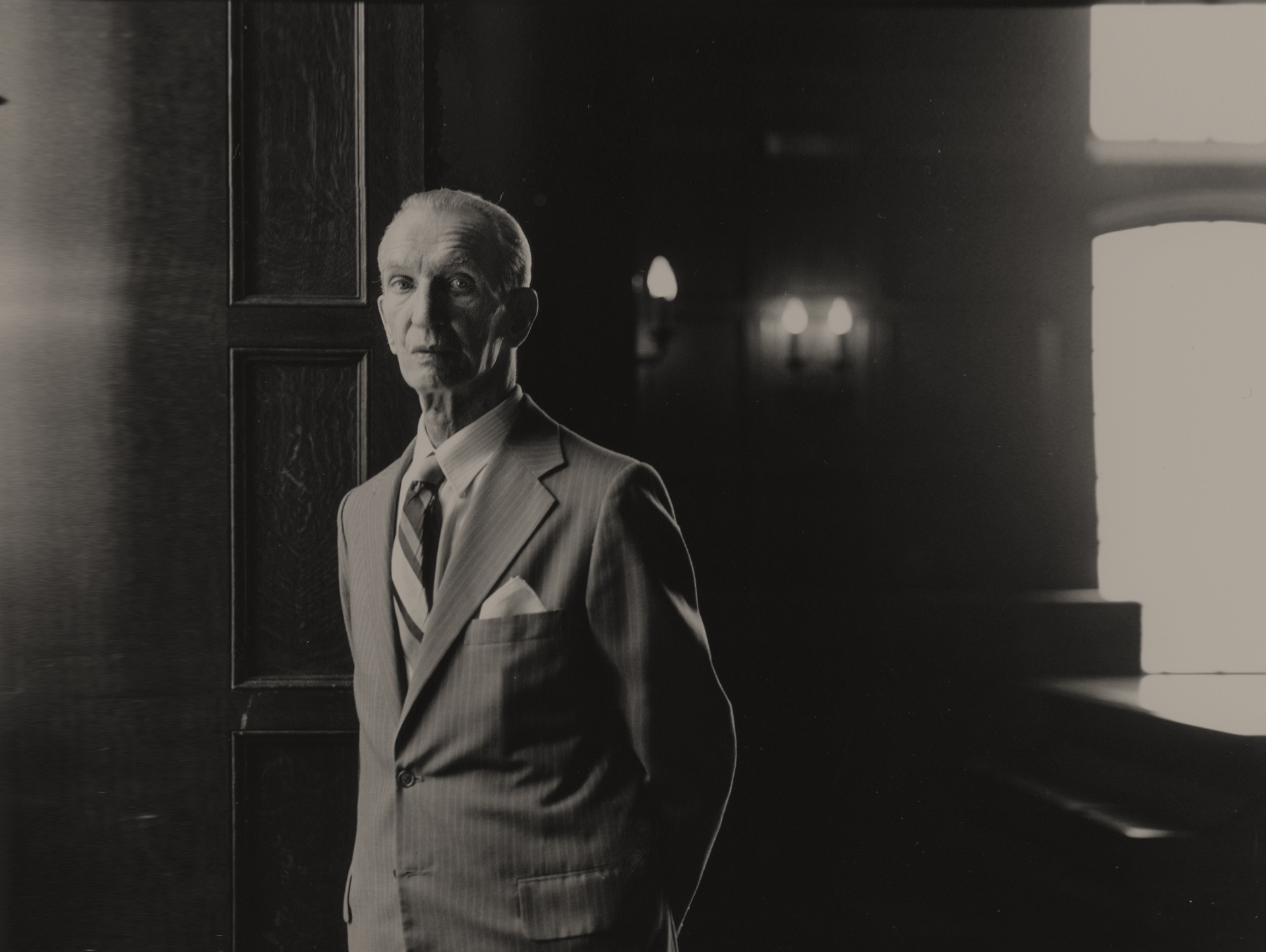
Before I was due to leave Poland a meeting was arranged for me – on the order of the Delegate of the Polish Government in London and of the Commander of the Underground Army – with two men who, formerly eminent in the Jewish community, were now directing the work of the Jewish Underground. One was the head of the Zionist organization, the other was the leader of the Jewish Socialist Alliance, the Bund. [...] Both lived outside the ghetto but were able, by secret means, to enter and leave it as they pleased (I myself was to find out that this wasn’t all that difficult).
The first thing that became clear to me as I sat there talking to them in the silence of the darkening Warsaw suburbs was the complete hopelessness of their predicament. For them, for the suffering Polish Jews, this was the end of the world. There was no possible escape for them or their fellows. This, too, was only part of the tragedy, only partially the cause of their despair and agony. They were not afraid of death itself, and, indeed, accepted it as something almost inevitable. Added to this realization was the bitter knowledge that in this war, for them, there could be no hope of any victory whatsoever, none of the satisfaction which sometimes softens the prospect of death. The Zionist leader made this clear to me at once.‘You other Poles are fortunate,’ he began. ‘You are suffering, too. Many of you will die, but at least your nation goes on living. After the war Poland will be resurrected. Your cities will be rebuilt and your wounds will slowly heal. From this ocean of tears, pain, rage, and humiliation your country will emerge again but the Polish Jews will no longer exist. We will be dead. Hitler will lose his war against the human, the just, and the good, but he will win his war against the Polish Jews. No – it will not be a victory; the Jewish people will be murdered.’ [...]
'I am going on an official mission. I will be accredited by the Polish Government in London. My status will be official and you must give me your official message to the outside world. You are the leaders of the Jewish Underground. What do you want me to say?’ [...] The Bund leader spoke first, resting his hands on the table as though it helped him to concentrate on what he was about to say ‘We want you to tell the Polish and Allied governments and the great leaders of the Allies that we are helpless in the face of the German criminals. We cannot defend ourselves and no one in Poland can defend us. The Polish underground authorities can save some of us but they cannot save masses. The Germans are not trying to enslave us as they have other people; we are being systematically murdered. That is the difference. That is what people do not understand. That is what is so difficult to make clear. Over in London, Washington or New York, they undoubtedly believe that the Jews are exaggerating, that they’re hysterical,’ the Zionist added nervously. I nodded my assent. The Bund leader continued ‘Our entire people will be destroyed. A few may be saved, perhaps, but three million Polish Jews are doomed. As well as others, brought in from all over Europe. The Polish Underground is in no position to prevent this, and the Jewish Underground even less so. The Allied Powers must bear the responsibility. Only from outside the country can effective help for the Jews be brought.’This was the solemn message I carried to the world.